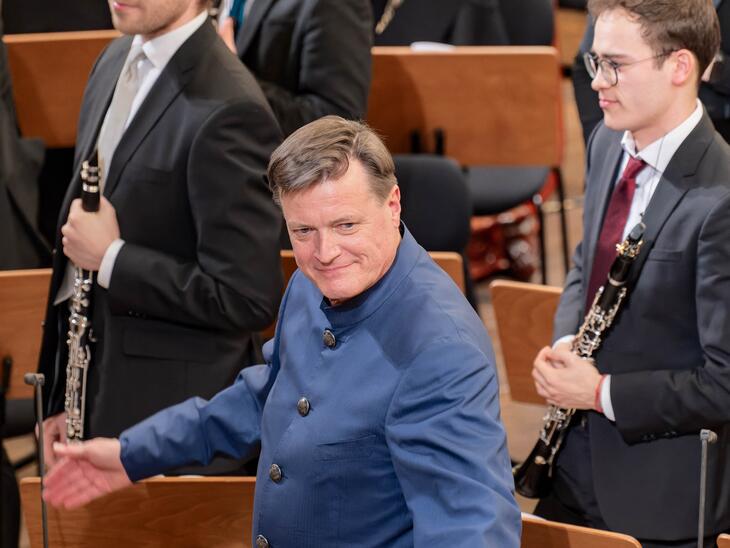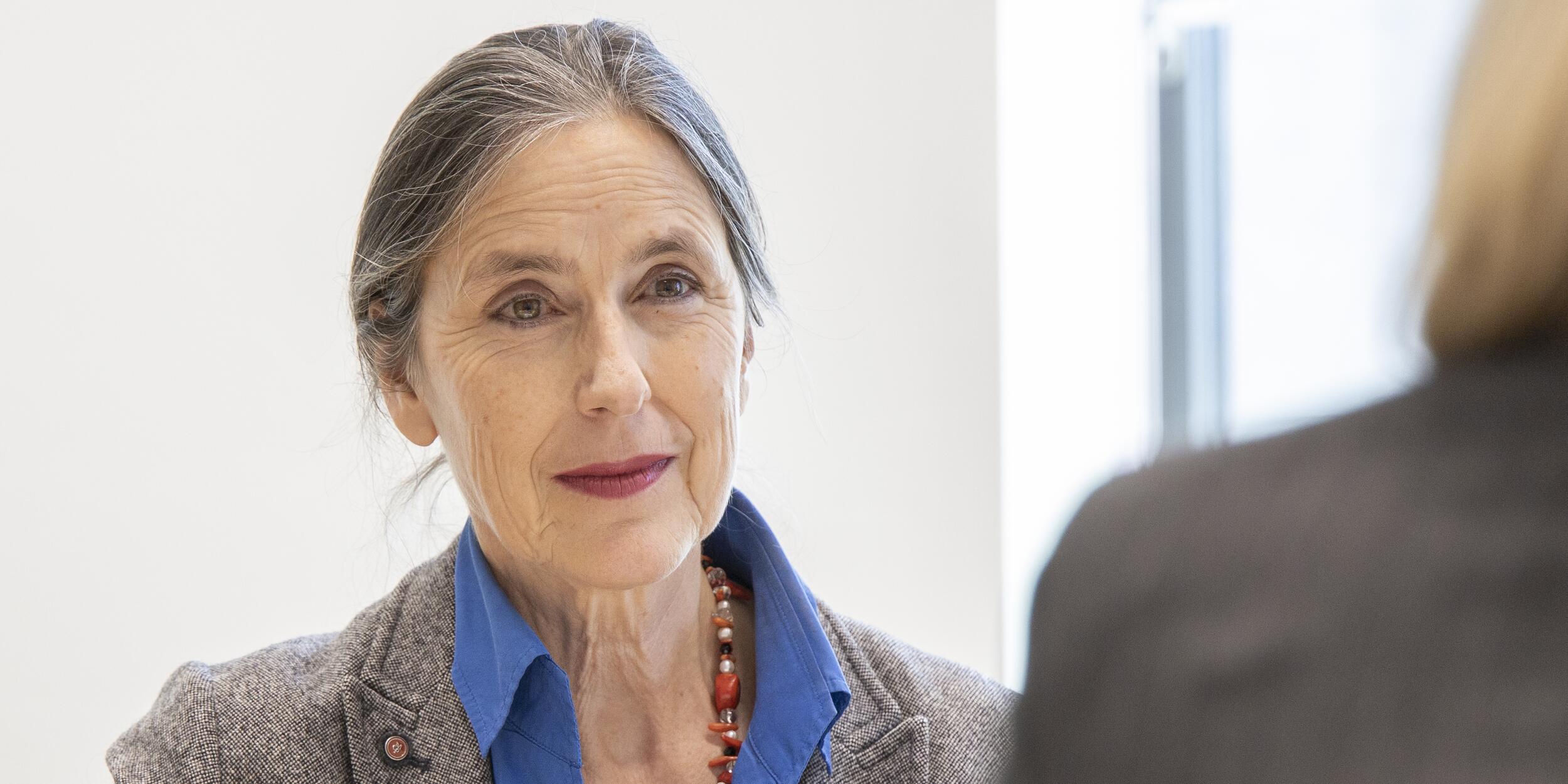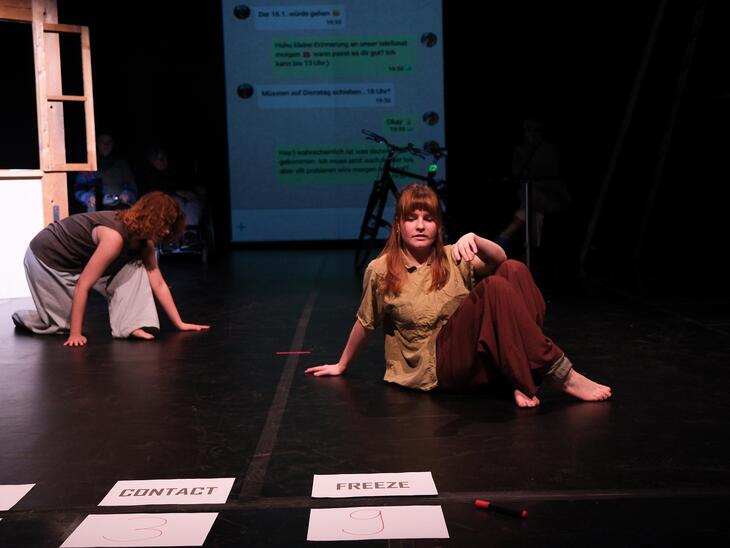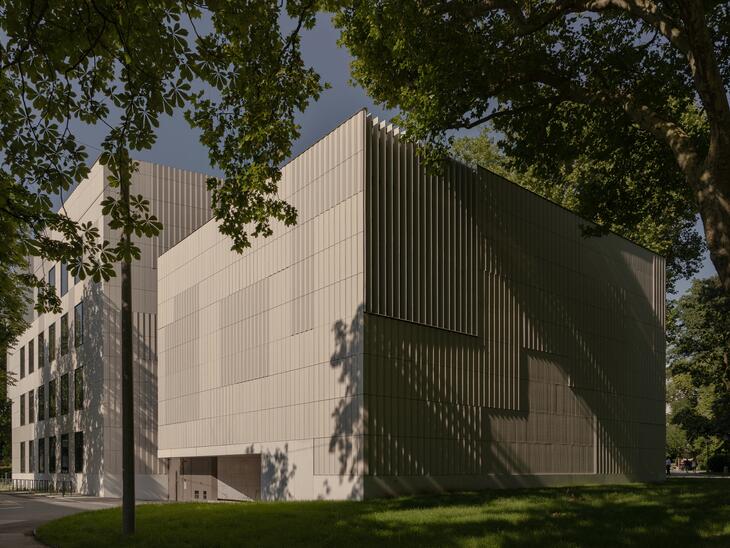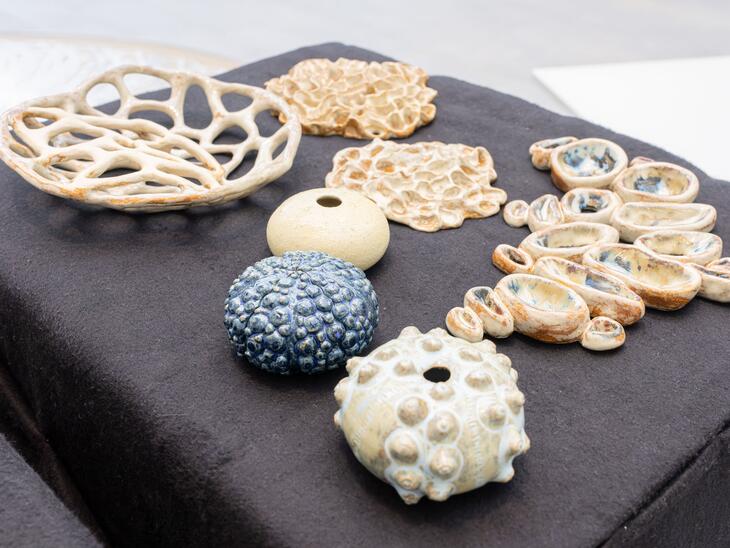Rector Hendrik Lehnert (PLUS) is visibly proud: "Not only for PLUS, but for all universities and cooperation partners, the funding of the two projects is of enormous importance. Through our joint appearance and cooperation, we are strengthening Salzburg as a research location immensely." For the SCC project, the Mozarteum University is also pleased about the funding. "With this project, PLUS is setting a milestone for the interdisciplinary further development of Salzburg as a university location," adds Elisabeth Gutjahr (Mozarteum University).
About the project SCC: Salzburg Collaborative Computing
Grant: 2.422.778 EUR (BMBWF), 400 000 (Land Salzburg)
Responsible: Univ.-Prof. Dr. Florian Hutzler Cooperation partners in the project: Land Salzburg, SALK-CDK, FH Salzburg, Universität Mozarteum
Internationally competitive science requires the availability of computing capacities that far exceed the capabilities of workstation computers. With the funding of the Federal Ministry of Education, Science and Research in the amount of 2.4 million euros and the participation of the Province of Salzburg in the amount of 400,000 euros, what scientists at all universities have long been waiting for is now possible.
"With this funding, it is a big step towards the future of the university working world of tomorrow. The state of Salzburg is involved in the SCC project as a cooperation partner and I am very happy to support it!", says Andrea Klambauer, a member of the state council, who is also delighted. Managing Director Dominik Engel of the Salzburg University of Applied Sciences also agrees: "I am very pleased that the research funds for this important cross-sectional subject - such as the Salzburg Collaborative Computing project - have been approved. Because this makes it possible to process more sensitive data at the site as well. It's a super opportunity for successful collaboration between all cooperation partners."
"Obsolete computers are a thing of the past. ", sums it up Univ.-Prof. Dr. Florian Hutzler, head of the Centre for Cognitive Neuroscience (PLUS). With the funding, it is possible to purchase a high-performance computer and thus provide scientists* in the state of Salzburg with better access to processing and analysis routines. "Whether analyzing tax returns at the PLUS Faculty of Law or magnetic resonance imaging data at the University Hospital Salzburg, the range of applications is incredibly diverse. This grant is a real Christmas present for all of us," Hutzler adds.
SCC creates a flexible environment for the interdisciplinary needs of the project participants PLUS, Salzburg University Hospital, Salzburg University of Applied Sciences and the University Mozarteum - a circumstance that also sustainably supports Salzburg as a science location, because there is no idle time due to the use and integration of Salzburg's universities. It also doesn't matter what percentage the partners* are involved in the project explains Hutzler. "Server systems need 60 percent electricity, even if you don't use them. With our project, we make sure that whether you are involved with a 1% or 15% share, you can access 100% of the power. This is a truly cooperative, interdisciplinary use of computing capacity."
Univ.-Prof. Dr. Florian Hutzler, born in 1976 in Munich, studied psychology at PLUS as well as at the Free University of Berlin. Postdoctoral positions followed at the FU Berlin, as well as at the University of Vienna, and his professional career also took him to the Macquarie Center for Cognitive Science (Sydney, Australia) and the LMU Munich, among others. Since 2010, Mr. Hutzler has been Professor of Developmental Psychology and Neurocognition, and since 2014, Coordinator of the Research Focus Centre for Cognitive Neuroscience at PLUS.
